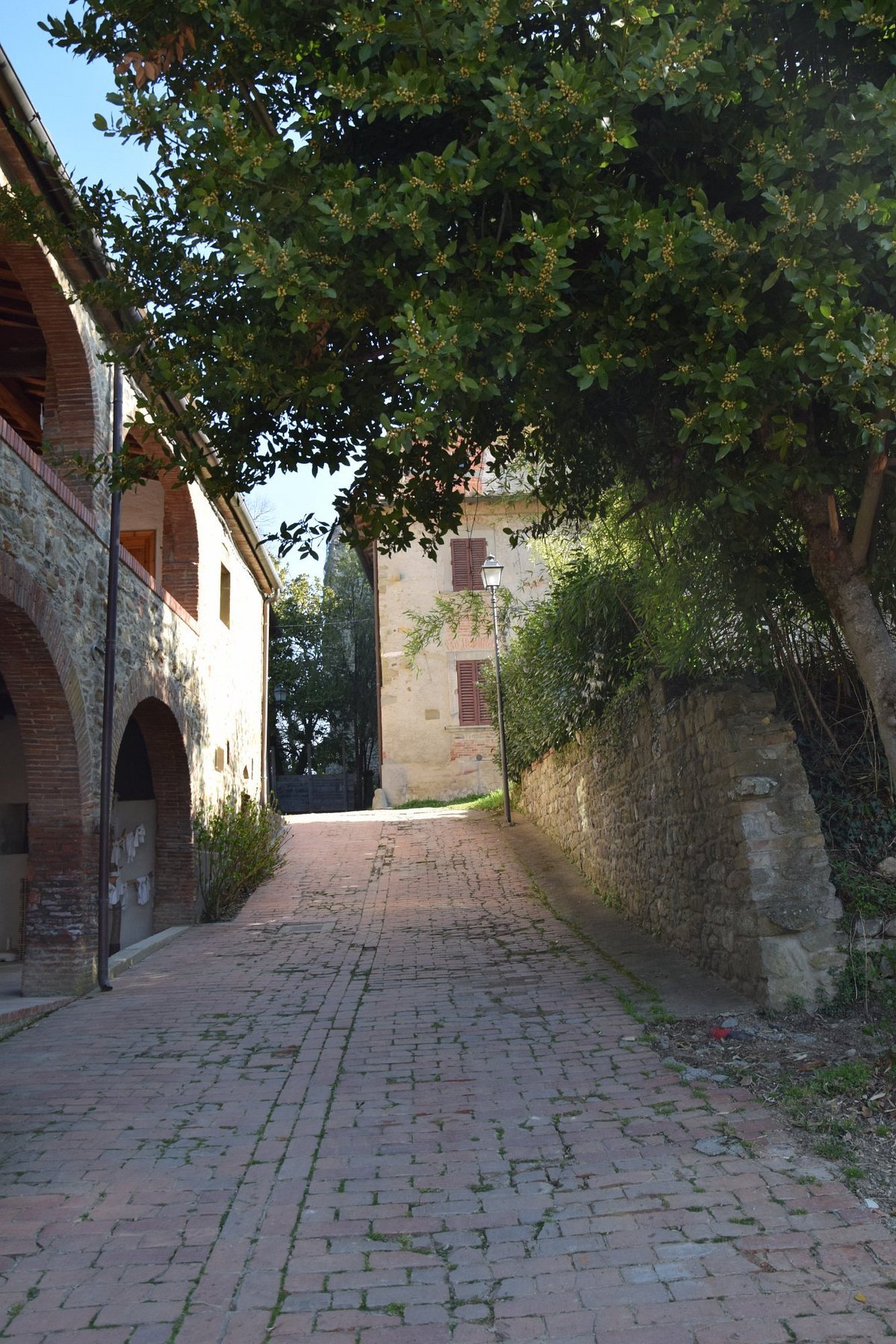Lessons from the Arno
Opening words for the RiverViews experience in which Connecting Stations partners, Sawsan (from the Palestinian city of Tira) and Oded (from the Jewish city of Ramat-Gan), discuss their perspectives on the Arno River.
Sawsan: As we stand here by the Arno, it’s easy to forget how long it’s been flowing. Long before any of us were born, before our countries had names or flags, this river was already carving its path through these hills and valleys.
Oded: It has no beginning we can remember, and no end we can see from here. It just moves—steadily, carrying water. And over time, carrying stories too.
Sawsan: For the people who’ve lived along its banks, the Arno has always been more than just a river. It’s been a lifeline, a boundary, and a meeting place.
Oded: And it has witnessed how people have changed—how their relationships evolved, sometimes gently, sometimes with great upheaval. Like the river itself, after heavy rain.
Sawsan: More than two thousand years ago, this valley was home to the Etruscans. They built cities like Arezzo—then called Arretium—and Fiesole, perched above the floodplains. They traded across the sea, honored the rhythms of nature, and lived deeply connected to the land.
Oded: And then came the Romans. Their arrival brought conquest, yes—but also transformation. At first, there was conflict. But over time, the Romans didn’t just conquer the Etruscans—they absorbed them. They adopted their gods, their engineering, even parts of their language.
Sawsan: From the difference, a shared culture began to grow. And that’s a pattern we see again and again in this valley.
Oded: Exactly. Later, as the Roman Empire shifted and Christianity began to take hold, another deep change occurred. Pagan temples were closed, churches rose in their place, and beliefs collided.
Sawsan:
But not all at once. In places like Florence and Arezzo, people lived between two worlds. They quietly held onto ancient traditions while stepping into new ones. Over generations, identities blended—neither fully Roman nor fully Christian.
Oded: And then came the Lombards—Germanic tribes from the north—seen at first as outsiders, even invaders. But history shows us that lines between “them” and “us” rarely stay fixed. Through marriage, trade, and shared life, they too became part of the story here.
Sawsan: And the Arno kept flowing through it all.
Oded: By the Middle Ages, the Arno Valley was divided into fiercely independent city-states—Florence, Arezzo, Siena, Pisa. Neighbors who often acted like enemies.
Sawsan: Territories were fought over, loyalties split families, and names like Guelphs and Ghibellines defined lives.
Oded: And yet—even then—art continued to travel. Ideas moved. Trade carried goods up and down the river. The Arno, once a border, began to stitch the region together.
Sawsan: Then, in the 19th century, something shifted again. Italy began to imagine itself as one. Old rivals slowly became regions of a shared country. Florence, Pisa, Arezzo—no longer competing powers, but parts of something larger.
Oded: And even in the small villages near here, hilltop towns and valleys that once felt so far apart, things began to change. Dialects softened. Customs blended. Markets turned into meeting points.
Sawsan: Neighbors became collaborators. And slowly, walls—real and imagined—came down.
Oded: The Arno has seen all of this. And though it doesn’t speak, its steady, quiet movement reminds us: change is always possible.
Sawsan: Relationships—between individuals, between communities, between entire societies—are never set in stone. They shift. Like water, they find new paths.
Oded: And that’s why being here in Rondine matters. A place that lives and breathes dialogue.
Sawsan: The Arno invites us to reflect. How do we live alongside those who carry different stories, different histories?
Oded: Can we imagine building something shared—even in moments of conflict? Can we stay open to change?
Sawsan: There are no easy answers. But the river teaches us something: that time, persistence, and openness can soften even the hardest stone.
Oded: And that what once seemed impossible—peace, cooperation, connection—can, slowly, become part of the landscape.
Sawsan: So as we begin this workshop, looking out over the Arno...
Oded: Let’s ask ourselves: What are we carrying with us?
Sawsan: What are we ready to let go of?
Oded: And how can we, like this river, keep moving—together—even if not always in perfect unison—toward something better



